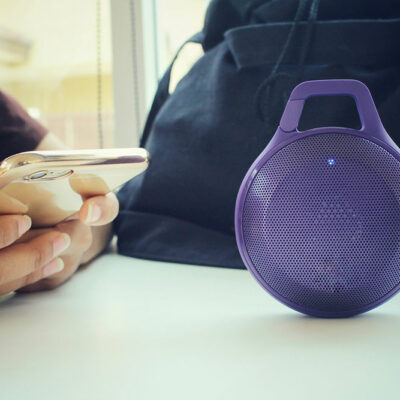
5 common defects of Bluetooth speakers and how to test them
Bluetooth speakers are a great way to enjoy music without the need for wall outlets and tangled wires. Besides, Bluetooth speakers can be helpful when one wants to avoid using headphones while streaming shows and movies or playing video games. Despite their convenience, these speakers have a few problems and defects. But most of these can be easily tested and dealt with at home. Here are some common defects of Bluetooth speakers and ways to fix them. 1. Low sensitivity of speakers Often, this is a common defect that users discover after bringing home a brand-new pair of Bluetooth speakers. Speaker sensitivity or efficiency indicates how much power is required to run the device. In technical terms, it measures how much sound the speaker can produce with one watt of electricity through another device known as an amplifier. The amount that results from this is generally determined in decibels or dB. This means a speaker’s sound will be louder if its sensitivity rating is higher. Usually, an efficient Bluetooth speaker will not need much power to increase the volume of sound slightly. However, if the speaker is defective, it will produce low volumes of sounds even when it is completely charged.
Read More 







